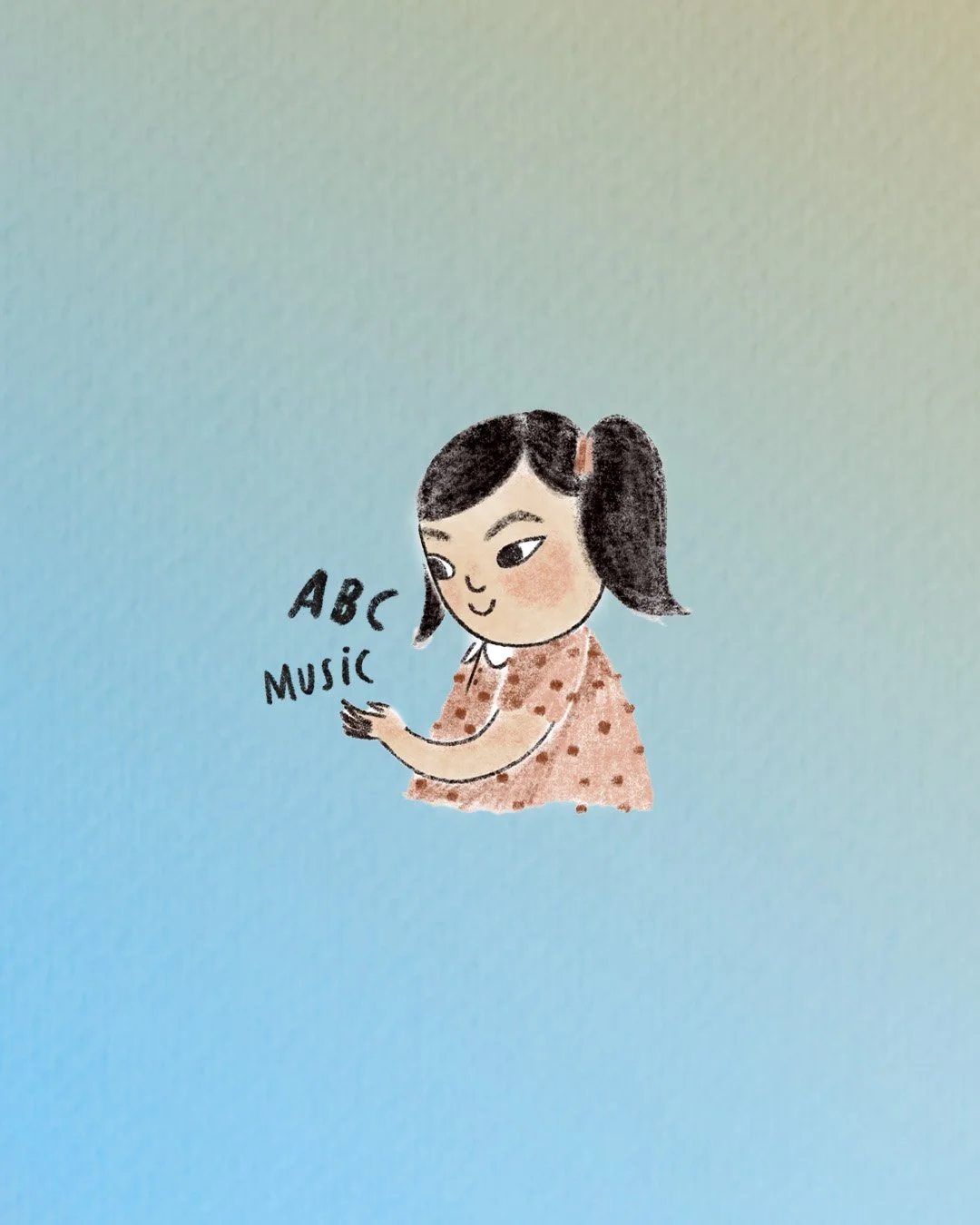Moving Forward with Hope: Understanding the Four Stages of Autism Acceptance
As parents, receiving an autism spectrum diagnosis for your child can be an overwhelming and life-altering experience. The news may trigger a range of emotions, from denial and anger to grief and confusion. While it's normal to experience a range of emotions after receiving any kind of diagnosis for your child, it's important to recognize that your child needs you. Allow yourself (and your partner) to feel and express those emotions, but also remember not to stay in that dark space for too long.
Remember to be gentle with yourself and your partner as you move through the various stages of processing the diagnosis. It's natural to have mixed emotions, good and bad, and taking the time to process them is important. It's imperative to know that you are not alone, that you don’t have to go through this alone, and that there are ways to move forward with hope.
“Allow yourself (and your partner) to feel and express those emotions, but also remember not to stay in that dark space for too long.”
One helpful approach is to understand the four stages of awareness, acceptance, appreciation, and action.
Awareness: The first stage is awareness, which involves becoming informed about the diagnosis and what it means for your child and your family. It's important to seek reliable information and support to help you navigate this new path.
Acceptance: Once you've gained awareness of the diagnosis, the next stage is acceptance. Acknowledge that the diagnosis is a part of your child's journey and embrace the opportunities to learn and grow with them. Instead of fearing the unknown, focus on what you can control and how best to support your child. Making acceptance your top priority is crucial. Acceptance is the greatest gift you can give yourself and your child. Once you fully accept your child for who they are, everything will become clearer and feel much lighter. Remember, everything else can wait, but acceptance should come first.
Appreciation: The third stage is appreciation, where you begin to recognize and celebrate the small achievements and milestones your child reaches. Taking the time to appreciate the little things (like a good bowel movement #iykyk), will help you find joy and hope in your child's journey.
Action: The final stage involves becoming an advocate, teacher, and therapist for your child. This can include seeking out resources and therapies, working with educators to create an Individualized Education Plan (IEP), or finding ways to maximize learning with home activities. By taking an active role in your child's life, you can provide the support and guidance they need to thrive.
It's essential to remember that these stages are not necessarily linear, there will be good days and bad days, and you may move back and forth between all your emotions as you navigate your child's autism journey. Still, by understanding and embracing these stages, you can move forward positively with compassion, hope, and determination. Remember that you are not alone, and with time and patience, you can and will find ways to support your child's growth and development.
“Acceptance should be your number one priority, everything is secondary. Once you fully accept your child for who they are, everything will be a lot clearer.”




